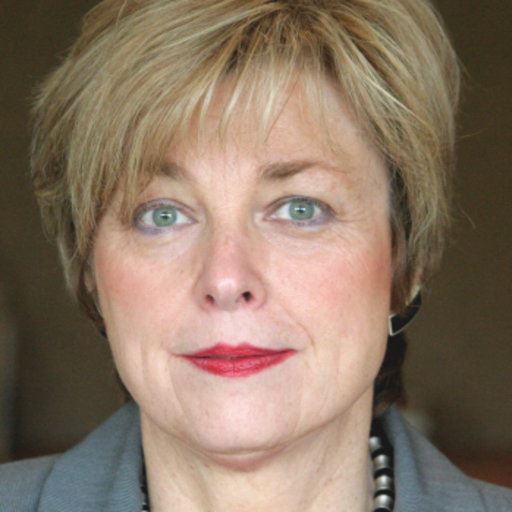|
2019-2020 Scientific Meetings
Why We Became Psychotherapists: How Early Experiences Mold Our Theory and Practice Presenter: Karen J. Maroda, PhD Discussant: Neal Spira, MD When: Tuesday, January 28 – 6:30-8:30 PM Where: Robert Morris University 8th floor auditorium – 401 S State St, Chicago 60605 Co-sponsored by the Institute for Clinical Social Work (ICSW) After the presentation we will have a reception – for socializing, wine, and charcuterie. Join us! “Why we became psychotherapists: How early experiences mold our theory and practice.” Anyone who has chosen to become an analytic clinician is keenly aware there is something deep and primitive about that decision which eludes understanding. We readily acknowledge the positive and obvious reasons for our choice, like wanting to help others and have meaningful work. Yet most of us are aware of deeper needs being met by practicing therapy. The same is true for our theories and the ways in which we prefer to work with patients. The purpose of this talk is to orient the participants to the idea that everything about why we became therapists, how we build our theories, and how we practice, is significantly shaped by our own early experiences. The vital role of these early experiences and our resulting motivations have been overlooked as an ongoing critical component of every aspect of our work. |
| Karen J. Maroda, PhD, ABBP, is a member of the Chicago Psychoanalytic Association and Assistant Professor of Psychiatry, Medical College of Wisconsin,and in private practice in Milwaukee. She has written three books: The Power of Countertransference; Seduction, Surrender and Transformation; and Psychodynamic Techniques—as well as numerous journal articles and book reviews. She also serves on the editorial boards of Psychoanalytic Psychology and Contemporary Psychoanalysis. Currently she is completing a new book to be published by Routledge in 2020. |
|
|
Learning Objectives: After attending this session, participants should be able to: 1) Assess their own attitudes toward theory and practice from the perspective of early childhood experiences; 2) Understand how guilt and shame influence their clinical choices. Admission is free. There are no reservations required. Continuing Education Credits are offered exclusively to Society members in all membership categories. |


